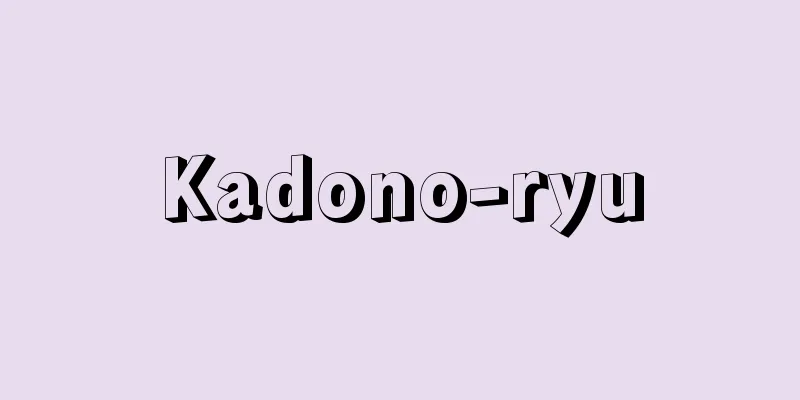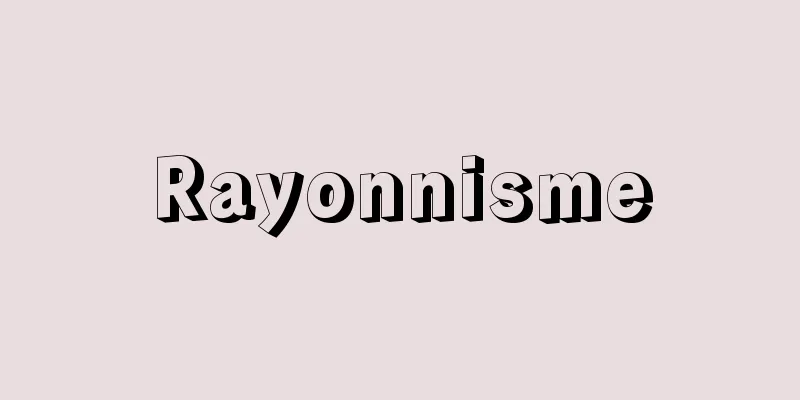Heaven and man united - Tenjingoitsu

|
The question of how to understand the relationship between heaven and man is a major theme that runs through the history of Chinese thought, but the idea that heaven and man are not in opposition to each other but are essentially one, or the discipline that aims to restore that oneness, or the state of being that is one, is called "the unity of heaven and man." This was already expressed in "Zhuangzi," but it was Taoist scholars of the Song Dynasty who actively advocated it. The proposition in Neo-Confucianism that "retains the principles of heaven and casts aside human desires" can also be considered a theory of the unity of heaven and man. Source: Heibonsha World Encyclopedia, 2nd Edition Information |
|
天と人間との関係をどうとらえるかという問題は,中国思想史を貫く大きなテーマであるが,天・人を対立するものとせず,本来それは一体のものであるとする思想,あるいはその一体性の回復を目ざす修養,または一体となった境地を〈天人合一〉と呼んでいる。すでに《荘子》において表明されているが,これを盛んに唱道したのは宋代の道学者であった。朱子学でいう〈天理を存し人欲を去る〉という命題もひとつの天人合一論ということができる。
出典 株式会社平凡社世界大百科事典 第2版について 情報 |
Recommend
Tanganyika
…Official name: United Republic of TanzaniaArea: ...
Liquid crystal thermometer
…When a polarizing plate has wavelength transmiss...
Overhead power transmission line
...To solve these problems, air-pipe transmission...
Farm road - Noudou
A road that connects farm fields or farms and far...
Alaskan malamute
...Originating from Sakhalin, it is a sled dog. I...
Anemoscope; wind vane
An instrument for measuring wind direction. Before...
Ichikawa Raizo (Kabuki)
…(1) 4th (1820-1866, Bunsei 3-Keio 2) A disciple ...
Hable, H. (English spelling) HableH
…Official name: Republic of ChadRépublique du Tch...
Togou-shi
A medieval samurai family whose main residence was...
Berkman, A.
…A skilled orator, he contributed to the American...
Bloch, F.
…Recent high-resolution mass analyzers have sensi...
Maticora
... The Laticauda subfamily includes only five sp...
khamriyat (English spelling)
…Despite such strict prohibition against drinking...
Japan Maritime Self-Defense Force
The Self-Defense Forces are tasked with defending ...
Pearl, R.
...Then, Belgian mathematician PF Verhulst (1804-...









